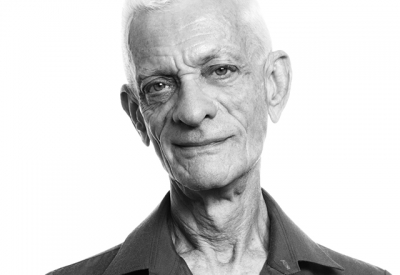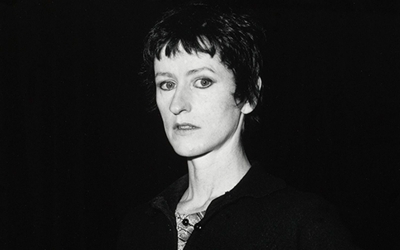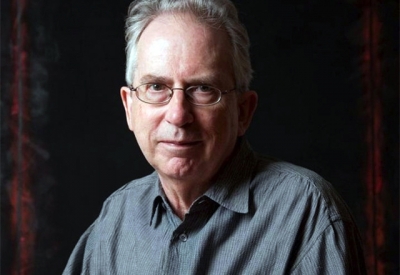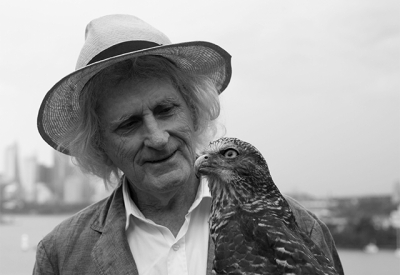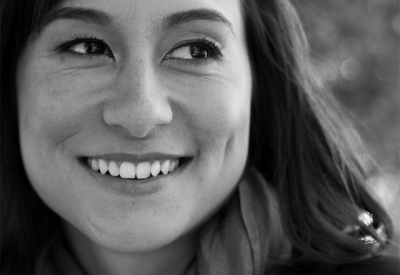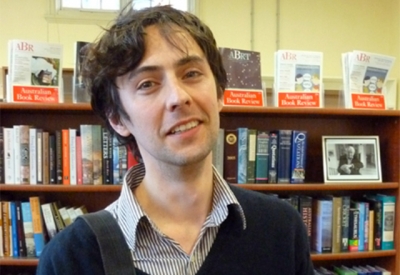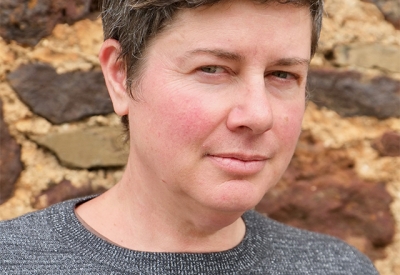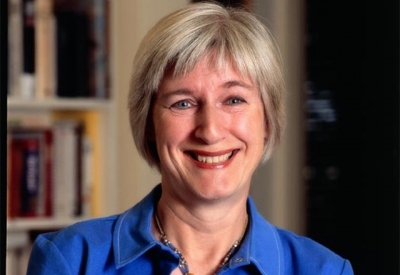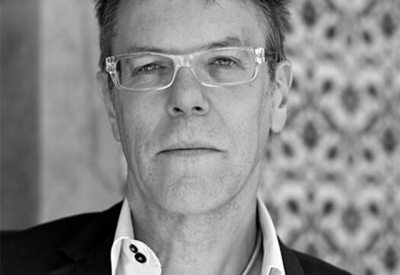Interviews
This is not the age of criticism. Theory killed criticism. This is the age of reviewing and commentary.
... (read more)I admire Jeremy Prynne, Clark Coolidge, Mina Loy, and Lyn Hejinian, but I don’t know whether they have influenced my work. To limit this list in time somewhat: Baudelaire, Rimbaud, Eliot, Auden, Berryman, Ashbery, O’Hara. Among the Australians: Kenneth Slessor, Francis Webb, Michael Dransfield, John Tranter, Jennifer Maiden, Martin Johnston, John Forbes. Everything one reads or hears is an influence. The list seems infinite and includes songwriters such as Thomas Moore and Hank Williams.
... (read more)When did you first write for ABR?
It was 2001. A dual review of Malcolm Knox’s début novel, Summerland, and Steven Carroll’s The Art of the Engine Driver. Luckily, I was generous about these relatively unknown authors and their books, since both went on to become significant figures in Australian letters.
... (read more)It’s always dangerous, I believe, to have heroes, but I do admire the author who gave us the wonders of Anna Karenina, say, and to come back to Conrad, how about this first paragraph of Lord Jim? ‘He was an inch, perhaps two, under six feet, powerfully built, and he advanced straight at you with a slight stoop to the shoulders, head forward, and a fixed from-under stare which made you think of a barging bull’. I am in awe of Jim, with his ‘ability in the abstract’.
... (read more)Poetry is song, every word in every line must work, each word transcribed like a note, each line connected to a breath. Fine prose is song, too; each word in the sentence must earn its existence. Thought is both a god and a devil to the line’s ability to sing.
... (read more)I seem to dream more awake than I do asleep. As a child, I often acted out imaginary scenarios, speaking the various parts aloud. Every so often I’ll catch myself doing it again.
... (read more)Dozens of critics impress me, but the critic who made the greatest impression is John Dryden. Everything began with Dryden. It was his Essay of Dramatic Poesy (1668) that first inspired me to write about the theatre. Through Dryden I discovered a way of doing criticism that was more than description and analysis; here was criticism that was also the dramatisation of a contest and an exploration of competing positions; a form that was alive, like art itself, and where honest enquiry meant more than judgement.
... (read more)I love pop music that makes me want to dance and fills my heart with joy. Michael Jackson used to be my man. My current favourite song is ‘Happy’ by Pharrell Williams. I’m living in Brooklyn at the moment and the song has been bursting out of the window of every second car all summer long. But if we’re talking desert island albums, I’d be taking some Miles Davis with me. Kind of Blue maybe, or fast forward a few decades to Bitches Brew.
... (read more)As a journalist, I have been constantly thrown in the deep end and expected to review everything from books to shows to films to restaurants. I still admire some classic figures I idolised when I was starting out in England and didn’t know much about anything: Kenneth Tynan on theatre; Pauline Kael on film; Clive James on television. More recently, James Wood on literature. And many Australians!
... (read more)I don’t understand happiness – it always feels coercive – and because of this I don’t understand why the promotion of products that bring happiness holds such wide appeal. I associate consciousness with anxiety: whatever takes you out of yourself brings a kind of relief from this. This can include writing, but also dreaming.
... (read more)
